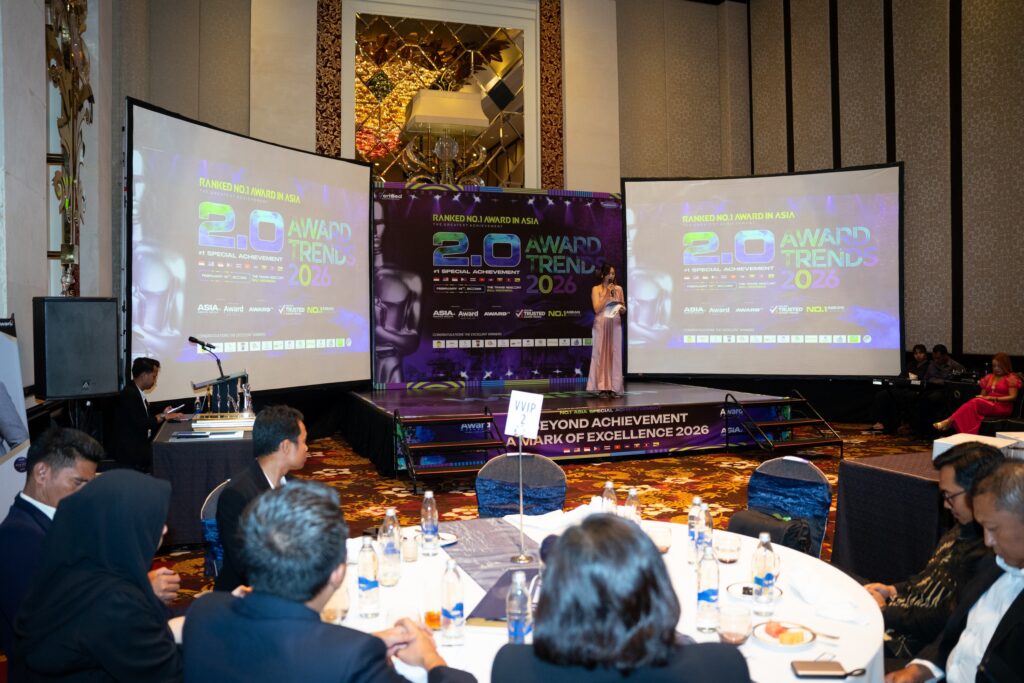Indian business magnate Ratan Tata has passed away at the age of 86, marking the end of an era in both Indian and global business circles. His passing was announced by the Tata Group, the multinational conglomerate that he helmed for over two decades, transforming it into a global corporate powerhouse.
Ratan Tata was widely regarded as one of India’s most influential business leaders, whose impact extended far beyond the borders of India. Under his leadership, the Tata Group became one of India’s largest and most respected companies, with annual revenues exceeding $100 billion. Known for his visionary leadership, Tata was pivotal in expanding the group’s global footprint through a series of bold acquisitions, including iconic brands such as Jaguar and Land Rover, Corus Steel, and Tetley Tea.
In an official statement, Natarajan Chandrasekaran, the current chairman of Tata Sons, paid tribute to the former leader, describing him as a “truly uncommon leader” whose influence would continue to shape the company for generations to come. “On behalf of the entire Tata family, I extend our deepest condolences to his loved ones. His legacy will continue to inspire us as we strive to uphold the principles he so passionately championed,” Chandrasekaran stated.
A Global Business Leader During his tenure as chairman, Ratan Tata spearheaded some of the most significant acquisitions in the history of Indian business, most notably the 2007 purchase of the Anglo-Dutch steelmaker Corus for $13 billion. This acquisition was seen as a defining moment for Tata Group, firmly establishing the company’s presence in the global steel industry. He also made headlines with the acquisition of UK-based car brands Jaguar and Land Rover from Ford in 2008, a move that revitalized the two luxury brands under Indian ownership.
In a tribute following his death, UK Business Secretary Jonathan Reynolds called Tata a “titan of the business world,” acknowledging his substantial contributions to British industry. “He played a huge role in shaping the landscape of British manufacturing,” Reynolds said, recognizing Tata’s commitment to sustaining jobs and innovation in the UK through these acquisitions.
An Unparalleled Legacy Ratan Tata’s leadership style was frequently lauded in both business and media circles. A 2011 profile in The Economist called him a “titan,” praising his ability to transform the Tata Group from a traditional Indian family business into a global conglomerate. Despite his influence and power, the article noted that Tata owned less than 1% of the group, yet remained one of the most respected and powerful business figures in India and globally.
After stepping down as chairman of the group in 2012, Ratan Tata was honored with the title of chairman emeritus of Tata Sons, continuing to serve as a guiding force for the company in a more advisory capacity. His contributions to Indian industry were recognized at the highest levels of government, with Indian Prime Minister Narendra Modi paying tribute to him as a “visionary business leader, a compassionate soul, and an extraordinary human being.” Modi also reflected on his personal interactions with Tata, describing him as an inspirational figure whose humility and grace left a lasting impression.
Humble Beginnings and Modest Character Born in 1937 into a traditional Parsi family, Ratan Tata pursued education in architecture and structural engineering at Cornell University in the United States. In 1962, he began his career at Tata Industries, working his way up through the company by gaining hands-on experience at a Tata plant in Jamshedpur. He later held prominent roles within various Tata companies, including Tata Steel, Tata Consultancy Services (TCS), and National Radio and Electronics (Nelco).
In 1991, Ratan Tata succeeded his uncle, JRD Tata, as the chairman of the group, a transition that proved pivotal for the company’s future. JRD Tata had led the conglomerate for more than 50 years, and Ratan Tata later described him as a mentor who was like “a father and brother” to him. In 2008, Ratan Tata was awarded the Padma Vibhushan, India’s second-highest civilian honor, in recognition of his contributions to the nation’s economic development.
Peter Casey, author of The Story of Tata, characterized Ratan Tata as a “modest, reserved, and even shy man,” whose calm demeanor and strict discipline were hallmarks of his leadership. This personal humility, despite the immense power he wielded, was a recurring theme in his public and private life.
Challenges and Personal Passions In 2016, Ratan Tata became entangled in a rare public controversy following the dismissal of his successor, Cyrus Mistry, as chairman of Tata Sons. The leadership dispute sparked a bitter management feud that lasted for years. However, Tata’s reputation as a man of integrity and resolve remained largely untarnished. The controversy took a tragic turn when Mistry died in a car accident in 2022.
Beyond the boardroom, Ratan Tata had a lighter side and was known for his love of fast cars and aviation. He was a licensed pilot and frequently indulged in his passion for flying. He also enjoyed scuba diving, although he gave up the hobby later in life due to health issues. One of his most personal joys was his love for dogs. He once shared that despite the heartache of losing pets, he could not resist adopting new companions, as his home felt too quiet without them.
Tata’s humility extended to his everyday life. In 2022, a video of him traveling in a Tata Nano, one of the world’s cheapest cars that he had envisioned as a “people’s car,” went viral, demonstrating his down-to-earth nature despite his immense wealth and status.
An Enduring Influence Ratan Tata’s passing marks the end of a remarkable journey that reshaped Indian industry and expanded its reach globally. His leadership, characterized by vision, humility, and compassion, set a benchmark for ethical business practices. His legacy, enshrined in the Tata Group’s continued success, will inspire future generations of business leaders in India and beyond.






